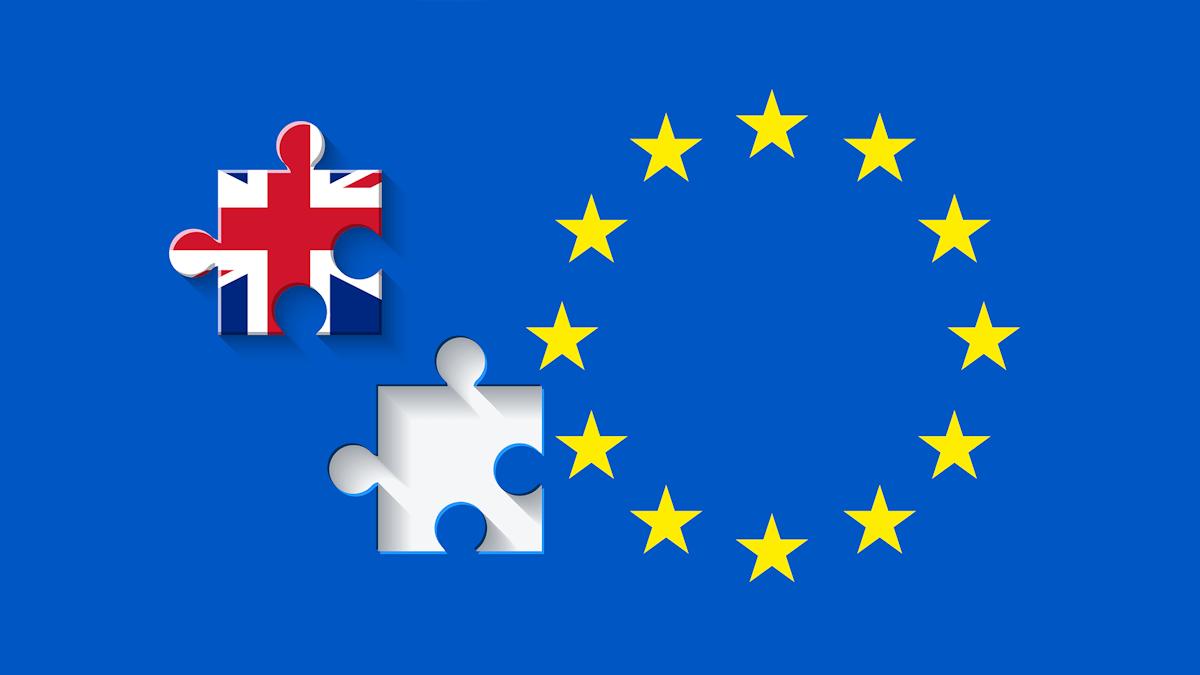Wholesalers worried about drug supply post-Brexit

The UK's medicines supply chain is one of many systems that is intertwined with Europe – so Brexit will lead to a period of uncertainty for wholesalers until trading arrangements are finalised.
The steep decline of the pound since Friday's news could also affect medicines supplies in the UK and the rest of Europe.
Free trade within the EU, combined with different medicines prices in each member state allows wholesalers to engage in parallel trading -buying drugs in low price markets and selling them on in high price markets.
Trade with the rest of the EU allows the UK to import the medicines it needs, or for that matter, European countries to buy medicines to export, depending on relative currency rates and prices.
Speaking to pharmaphorum, Martin Sawer, secretary general of the UK Healthcare Distribution Association, said he was not immediately concerned about the weakened pound and its effect on the medicines supply following the shock of the referendum decision.
“We have been here before,” said Sawer, referring to current rates of around 1.2 euros to the pound.
He added that some wholesalers may have hedged their bets and put in place contingency plans in the event of a Brexit vote, to ensure drug supplies remained in place.
Sawer estimates that parallel trade saves the NHS around £250 million a year.
But the longer term concern of wholesalers is about the shape of any trade agreements struck after the UK decided to pull out of the EU.
With the UK's political system in turmoil, it looks unlikely that formal negotiations will begin until a new prime minister is in place in the autumn.
So like many parts of the economy, drug wholesalers face an uncertain period while the UK renegotiates trade relationships with the EU.
The UK could disengage with the parallel trade network as a consequence of Brexit - and wholesalers have warned that arrangements must be in place to maintain the integrity of the medicines supply.
Sawer said: “We are concerned if the single market is affected by Brexit as we import about 15% of our medicines."
“We need to make sure that there are no shortages caused by price peaks if we have to get medicines from elsewhere.”
Sawer said it was highly likely that safety measures required by the European falsified medicines directive will remain in place, adding that Norway and Switzerland have set a precedent by implementing these measures despite their non-EU status.
Measures include a barcode scanning system allowing the authenticity of medicine packs to be checked at any point in the supply chain.













